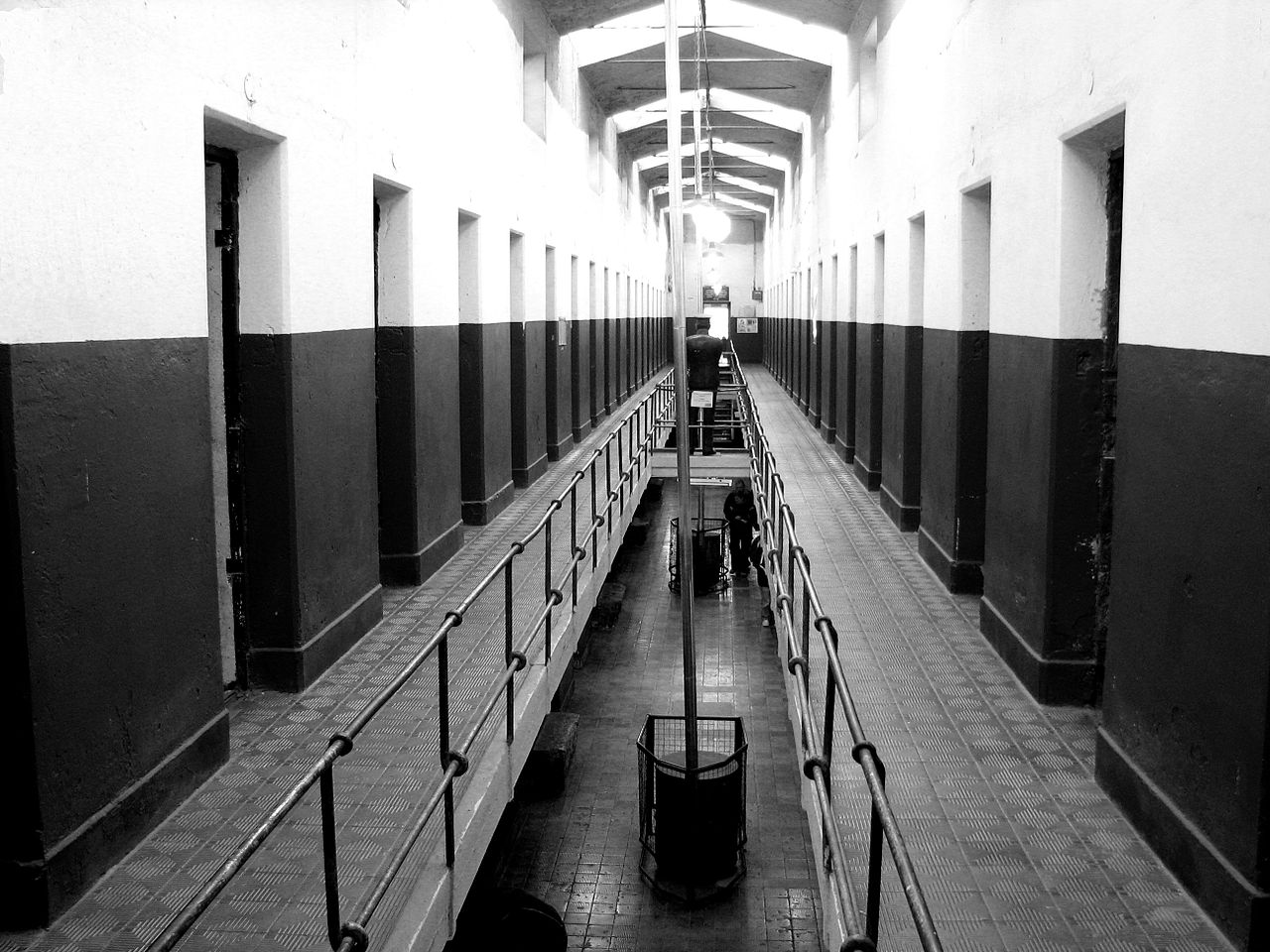Media release
Aboriginal mothers in prison face poorer health outcomes
The health needs of Aboriginal mothers in Australian prisons are not being met, according to a new study released today.
The joint study conducted a holistic investigation into the social, emotional and physical wellbeing of 77 Aboriginal mothers in prison in New South Wales and 84 Aboriginal mothers in prison in Western Australia.
Chief Investigator and public health researcher at the University of Newcastle, Professor Elizabeth Sullivan, said Aboriginal mothers in prison showed significant resilience but have unmet health needs and experience high levels of psychological distress.
“A historical context of child removal, loss of language and marginalisation has often contributed to incarceration. Despite the over-representation of Aboriginal women in Australian prisons, there is a lack of culturally informed patient-centred health programs,” Professor Sullivan said.
“We need a more holistic approach to programs that can help improve health outcomes for Aboriginal women both in prison and post release.”
Professor Sullivan also added it is the voices of Aboriginal women that can help shape health programs moving forward.
“Many of the mothers had a history of removal from their families and almost half were caring for children under five prior to imprisonment. We need to break the cycle of intergenerational trauma, with over 450 children adversely impacted by their mothers’ incarceration in our one study alone,” Professor Sullivan said.
“Our findings indicate that Aboriginal mothers in prison are currently an underserved group and we need health programs that provide culturally appropriate models of care and consider Aboriginal connection to land, culture and community.
“Listening to these women is the first step towards developing better health programs to deliver within the prison environment that help improve ongoing health and social outcomes for Aboriginal women and their families.”
The study was funded by the National Health and Medical Research Council and was a joint initiative between the University of Newcastle, the University of Technology Sydney, the University of Sydney, the University of New South Wales, Curtin University, the Kirby Institute, the Australian National University and the University of Western Australia.
The full article was published today in the Australian and New Zealand Journal of Public Health.


